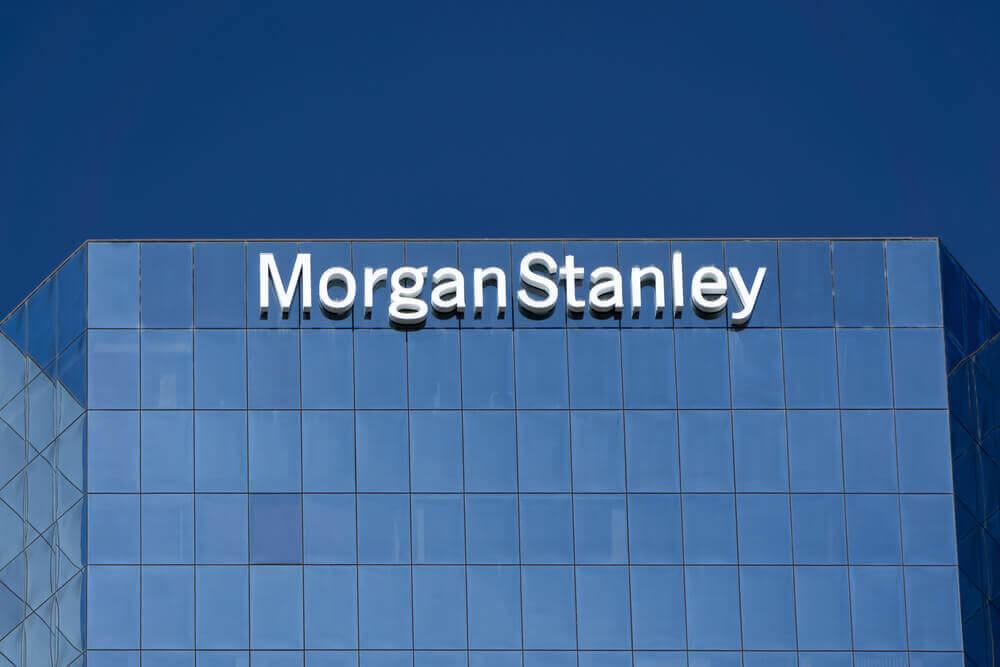
Second Coronavirus Wave Won’t Deflect Asia’s Economic Recovery, Morgan Stanley Says
A second wave of coronavirus will not damage Asia’s economy during the reopening as much as the first outbreak. Even with China and South Korea registering a rise in new cases. This is according to Deyi Tan, managing director, an economist at Morgan Stanley.
More countries continue to ease lockdowns and restrictions around the world. Various experts have warned that a new surge in infections could further derail economic recovery. Hence, the global economy.
However, Deyi Tan maintains that a second wave of coronavirus will not be as damaging as the first. This is since policymakers will now be able to manage and handle the situation better.
Since late April, some Asian economies like South Korea, Hong Kong, and Taiwan started to reopen by easing lockdown restrictions. A daily uptick of cases has been present then became apparent. But according to Tan, the trend is “relatively manageable” in comparison to what the world experienced in the first outbreak.
Tan added that while new cases will inevitably arise on a daily basis, a “double dip” where the economy starts to pick up after a declining period and then downturns again, is highly unlikely.
“So at this point in time, we don’t expect a second wave to actually the global economy or Asian economies to go through a double dip.” She stated.
China’s Economy to Set Pace for Global Economic Recovery
China became the first and most devastated country. This is because the original center of the outbreak was in its city of Wuhan. After this, it spread to other Asian countries and the rest of the world.
China recorded its first case of domestic transmission last week. This is since its first gradual reopening in March. In South Korea, some have recorded a recent spike in new infection cases in the capital city of Seoul.
A recent report by Morgan Stanley stated that Asian countries will likely experience faster recovery. This group excludes Japan, with China leading them.
“This is so, given the more effective institutional response in economies such as China, Taiwan, Korea and Hong Kong where Covid-19 has gotten under control earlier and in some cases without even needing to resort to lockdown measures.” Said the report.
In 2020, economists estimated that Asia as a whole, excluding Japan, will record a 0.1% growth. I will then accelerate to 8.5% in 2021.
Morgan Stanley: Covid -19 to Trigger a Short but Steepest Recession
In another recent report, Morgan Stanley’s outlook on the highs and lows of new bull markets stated that the severe state of the current global recession is due to the fact that it was man-made through the coronavirus lockdown measures.
“The recession will prove to be the steepest but also one of the shortest, on record. While the conditions for this recession were already in place coming 2020, the trigger was unexpected and unusual, which led to unique characteristics.” The report stated.
The International Monetary Fund (IMF) predicts Asia Pacific growth will record a zero percent growth in 2020. This is its worst performance in over 60 years.
“Growth in Asia should stall at zero percent in 2020. This is the worst growth performance in almost 60 years, including during the global financial crisis (4.7%) and the Asian financial crisis (1.3%). That said, Asia still looks to fare better than other regions in terms of activity.”
In May, the world health organization warned countries of reopening too early and causing a resurgence of infections, stating that the coronavirus might become another “endemic virus” like HIV in the community.
“If you reopen in the presence of a high degree of virus transmission, then that transmission may accelerate.” Said Mike Ryan. ” If you can get the day to day case numbers to the lowest possible level and get as much virus out of the community when you open, you will tend to have less transmissions or much less risk.




